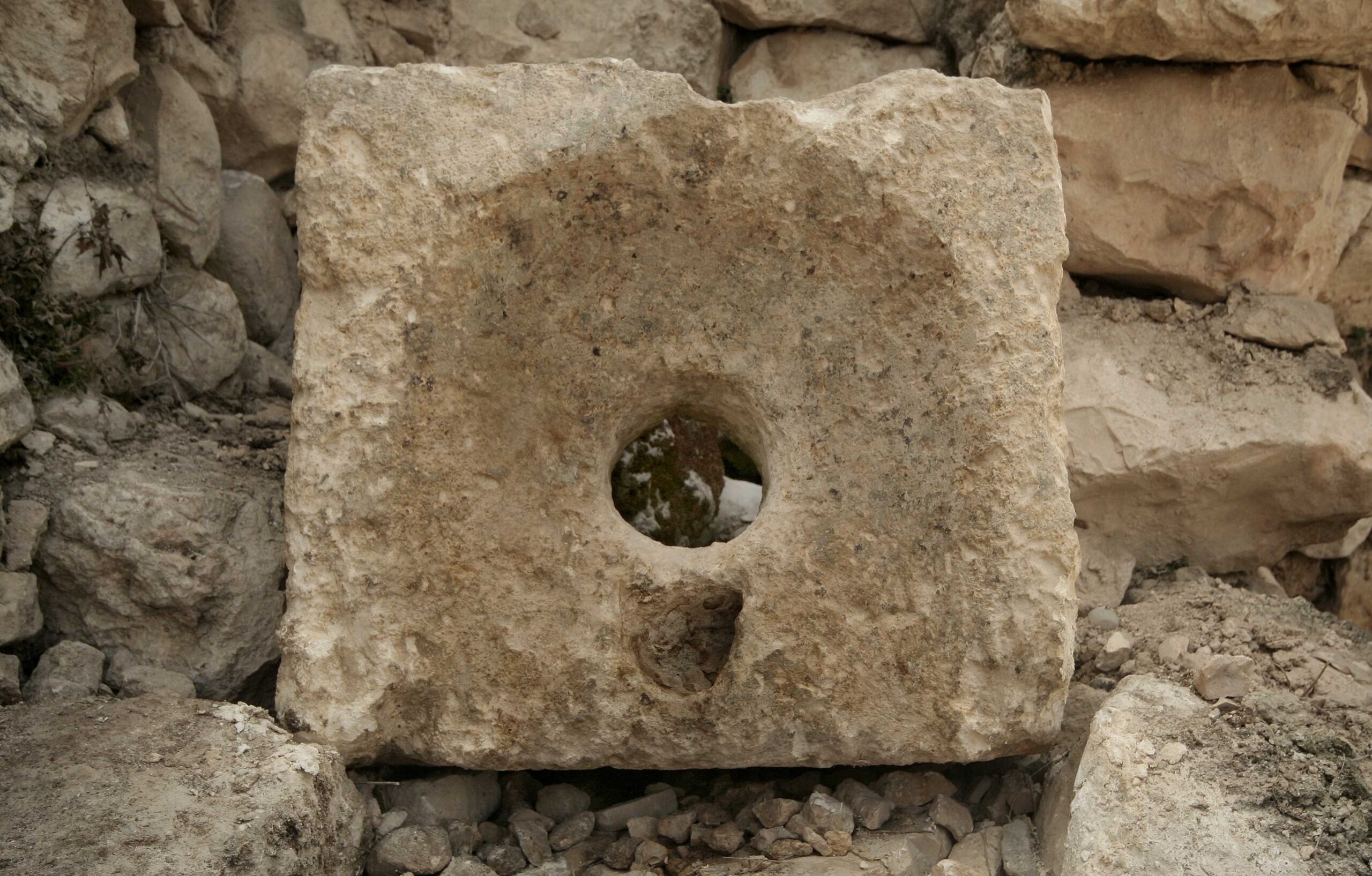Cart is empty
1978 – 1985
Prof. Yigal Shiloh (1937 – 1987) from the Institute of Archeology at the Hebrew University in Jerusalem conducted many important studies on the Iron Age (Israeli period). He was the first to conduct a large-scale archaeological excavation in the City of David under Israeli rule. In his studies, he examined the architectural characteristics of the period, and these studies are still considered one of the cornerstones of research in this field. In addition, his research on the Proto-Aeolic in the late seventies is the most comprehensive we have until today. He died of an illness shortly after the end of his excavation in the City of David, and the publication of the findings of the excavation was entrusted to his students.
A long and extensive excavation was conducted in the City of David between 1978 and 1985; it was led by Yigal Shiloh (1937-1987) from the Hebrew University in Jerusalem. In this excavation, they reopened the underground system that Warren had begun to uncover, and a first attempt was made to understand the system and assess it. On the eastern slope of the City of David, a part of the city’s fortifications was discovered. The most exciting find was near the top of the hill, in an area known as Area G (according to Shiloh’s numbering system of the excavation areas). There, he continued uncovering the large supporting structure that began to be revealed in the 1920s. Next to it, residential buildings that had been destroyed in a fierce fire from the end of the First Temple were exposed next to it. In one of them, a toilet structure was discovered, which indicates the wealth of the owner of the house. In another building, dozens of ‘stamps’, seal impressions, were discovered; they bore Hebrew names, one of them, “Gemariahu ben Shaphan” is known to have been King Jehoiakim’s scribe at the time of the Prophet Jeremiah.





